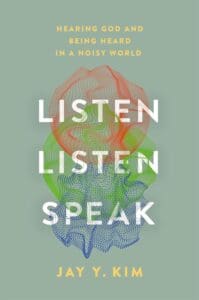Related Articles
Finish Strong with a Kingdom Mindset
For if you keep silent at this time, relief and deliverance will rise for the Jews from another…
The Joy of Being His Workmanship
When life urges us to strive harder and do more, Scripture invites us to rest in a freeing truth:…
Stepping Out in Faith When God Calls You to the Impossible
Stepping out in faith often feels uncomfortable—especially when God calls you toward something that…
Finding Joy Is a Choice—Even When Life Is Hard
Sorrow doesn’t pause life—and neither does joy. If you’ve ever wondered how to find joy in…
Next Steps To Strengthen Your Walk
Inspiration Today Newsletter
Supercharge your faith and ignite your spirit. Find hope in God’s word. Receive your Inspiration Today newsletter now!
Christian Articles
Find articles to strengthen your walk and grow your faith. We have a wide range of topics and authors for you.
Submit A Prayer Request
We are here for you. Simply click on the button below to reach us by form, email or phone. Together we will lift our hearts and voices with you in prayer.


 Excerpt taken from Listen Listen Speak: Hearing God and Being Heard in a Noisy World by Jay Y. Kim
Excerpt taken from Listen Listen Speak: Hearing God and Being Heard in a Noisy World by Jay Y. Kim



